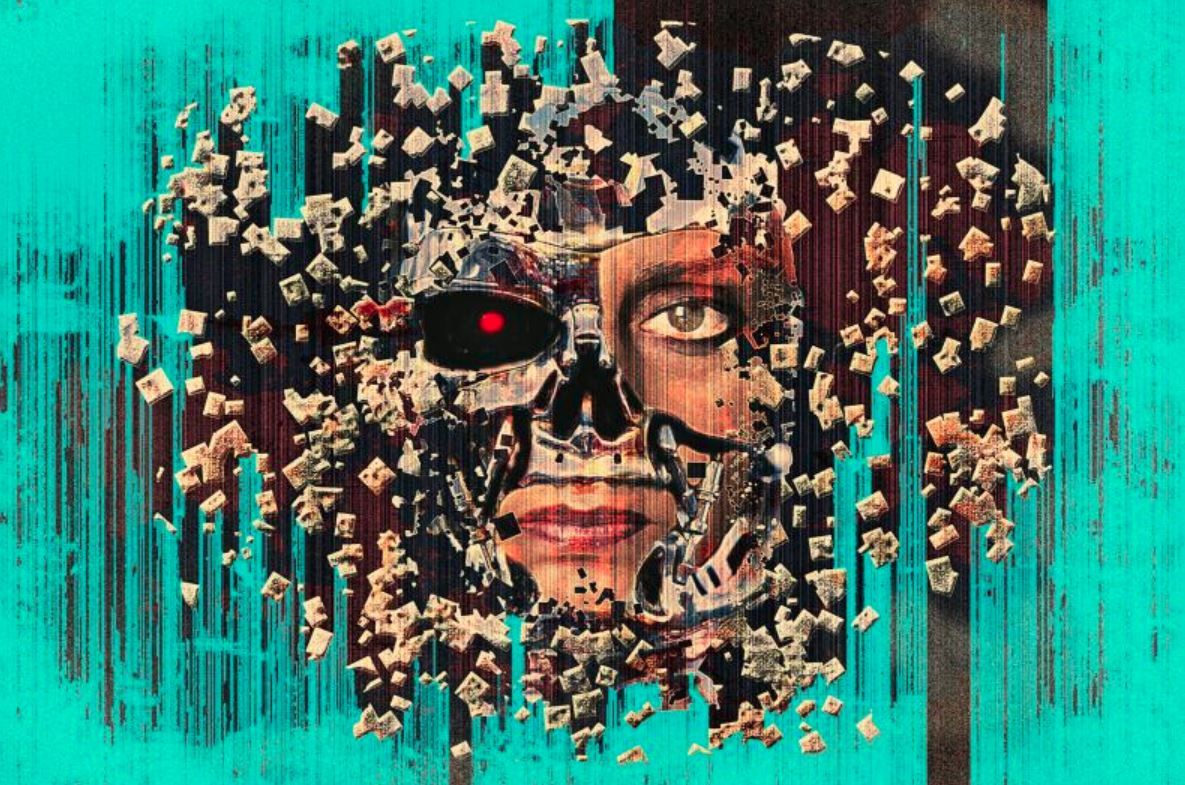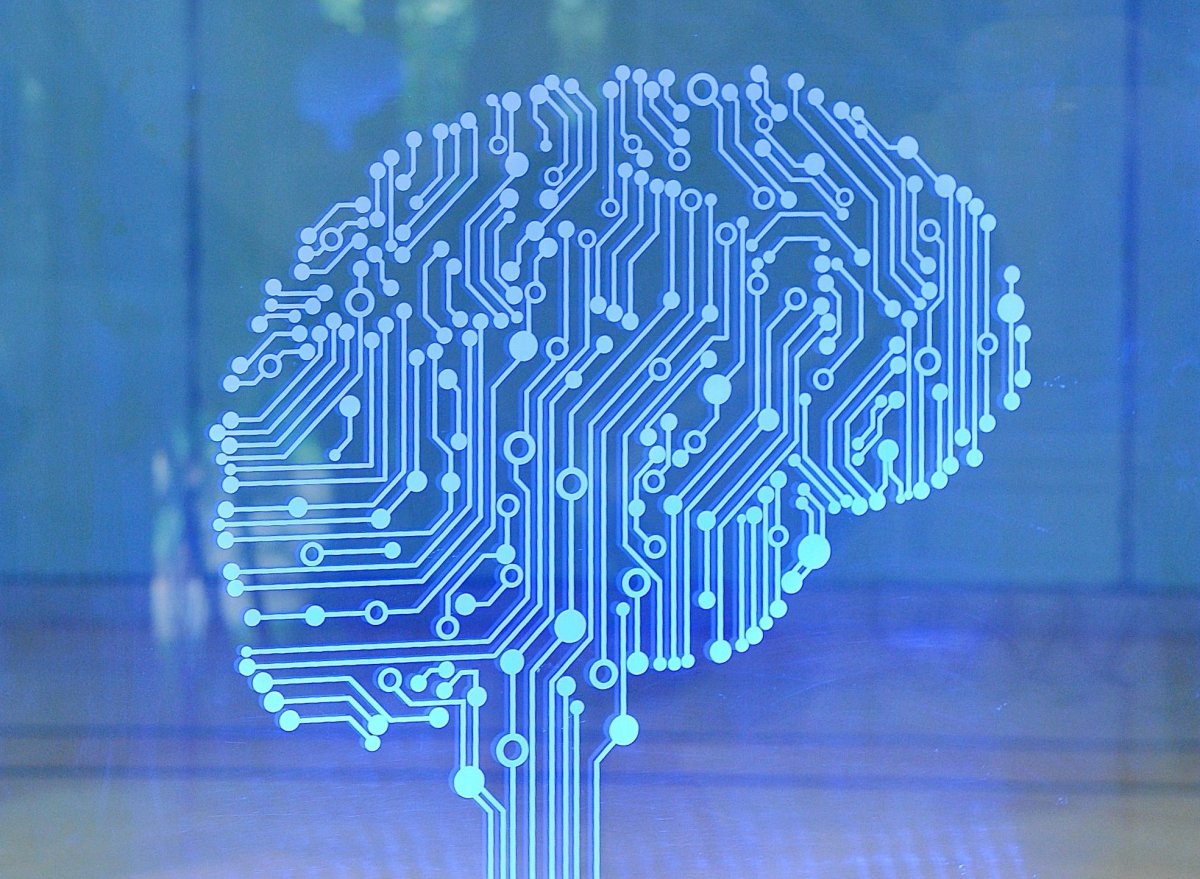
Brain-computer interfaces (BCI), such as those being developed by Elon Musk's Neuralink startup, risk being hijacked by a rogue artificial intelligence, experts have warned—meaning a person's thoughts, decisions and emotions could be manipulated against their will by AI.
The warning comes in a comment piece in the scientific journal Nature this week written by 27 neuroscientists, ethicists and machine intelligence engineers.
The researchers use the hypothetical example of a paralysed man participating in a brain-computer interface trial who doesn't like the research team working with him. Artificial intelligence reading his thoughts could take his dislike as a command to harm the researchers, despite no direct command being given by the paralysed man.

The researchers write: "Technological developments mean that we are on a path to a world in which it will be possible to decode people's mental processes and directly manipulate the brain mechanisms underlying their intentions, emotions and decisions; where individuals can communicate with others simply by thinking; and where powerful computational systems linked directly to people's brains facilitate their interactions with the world such that their mental and physical abilities are greatly enhanced."
In order to protect against this, the group of researchers say there are four ethical priorities that need to be addressed: privacy and consent, agency and identity, augmentation, and bias.
Read more: Elon Musk launches Neuralink startup to connect your brain to the internet
The researchers estimate that more than a dozen companies that are currently working on some form of BCI technology, specifically mentioning Musk's Neuralink startup that launched earlier this year.
Neuralink is developing a wireless brain-computer interface capable of uploading or downloading information to a computer in order to augment natural intelligence. Musk's technology is based on the neural lace concept first described in the 1987 'Culture' novels by science fiction author Iain M. Banks, who described a futuristic mesh that molds to the human brain so that neurons can be programmed.
If the potential of such technology is realized, it could lead to a new technological era for humanity. The researchers warn, however, that history indicates "profit hunting will often trump social responsibility" in this field. It is therefore vital to address the four ethical priorities to make sure the technology benefits rather than harms humanity.
"The possible clinical and societal benefits of neurotechnologies are vast," the researchers conclude. "To reap them, we must guide their development in a way that respects, protects and enables what is best in humanity."
Uncommon Knowledge
Newsweek is committed to challenging conventional wisdom and finding connections in the search for common ground.
Newsweek is committed to challenging conventional wisdom and finding connections in the search for common ground.
About the writer
Anthony Cuthbertson is a staff writer at Newsweek, based in London.
Anthony's awards include Digital Writer of the Year (Online ... Read more
To read how Newsweek uses AI as a newsroom tool, Click here.








